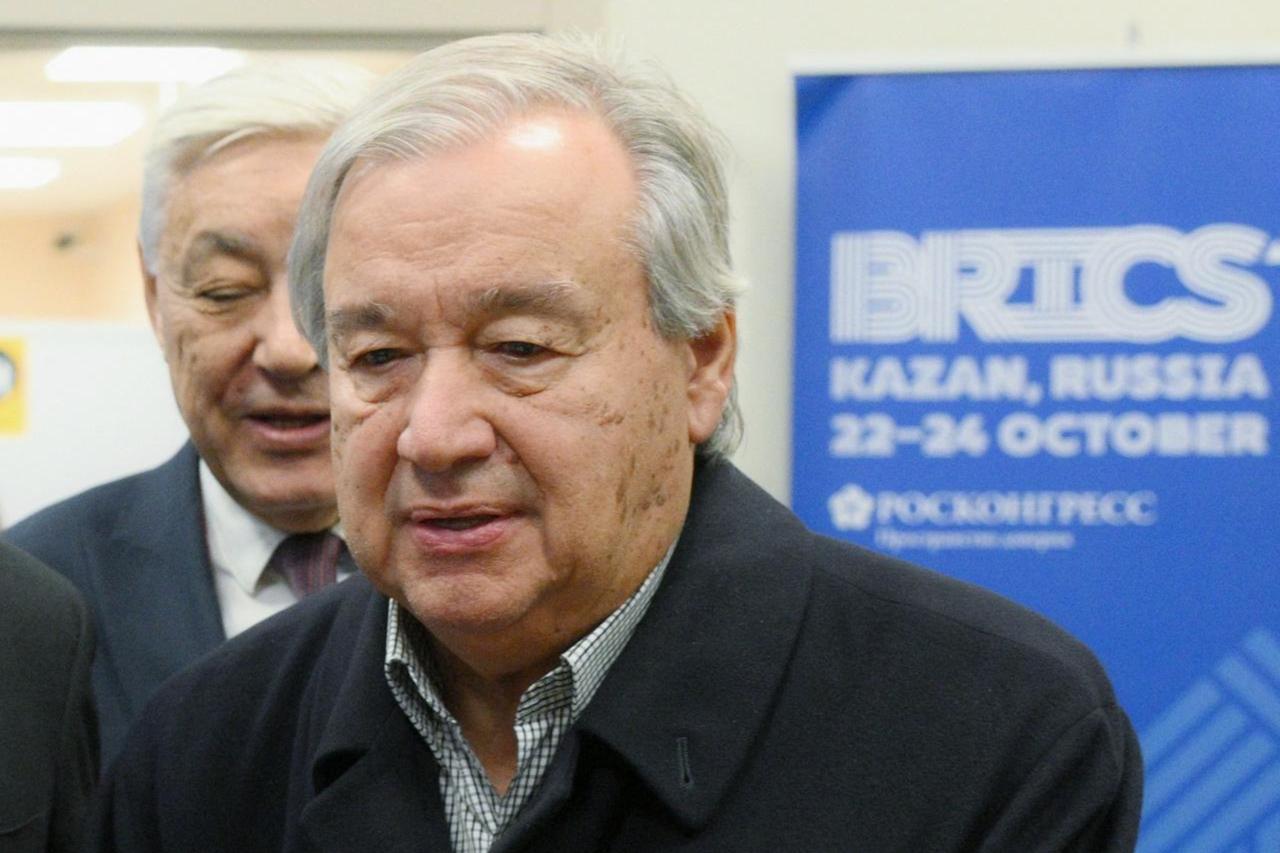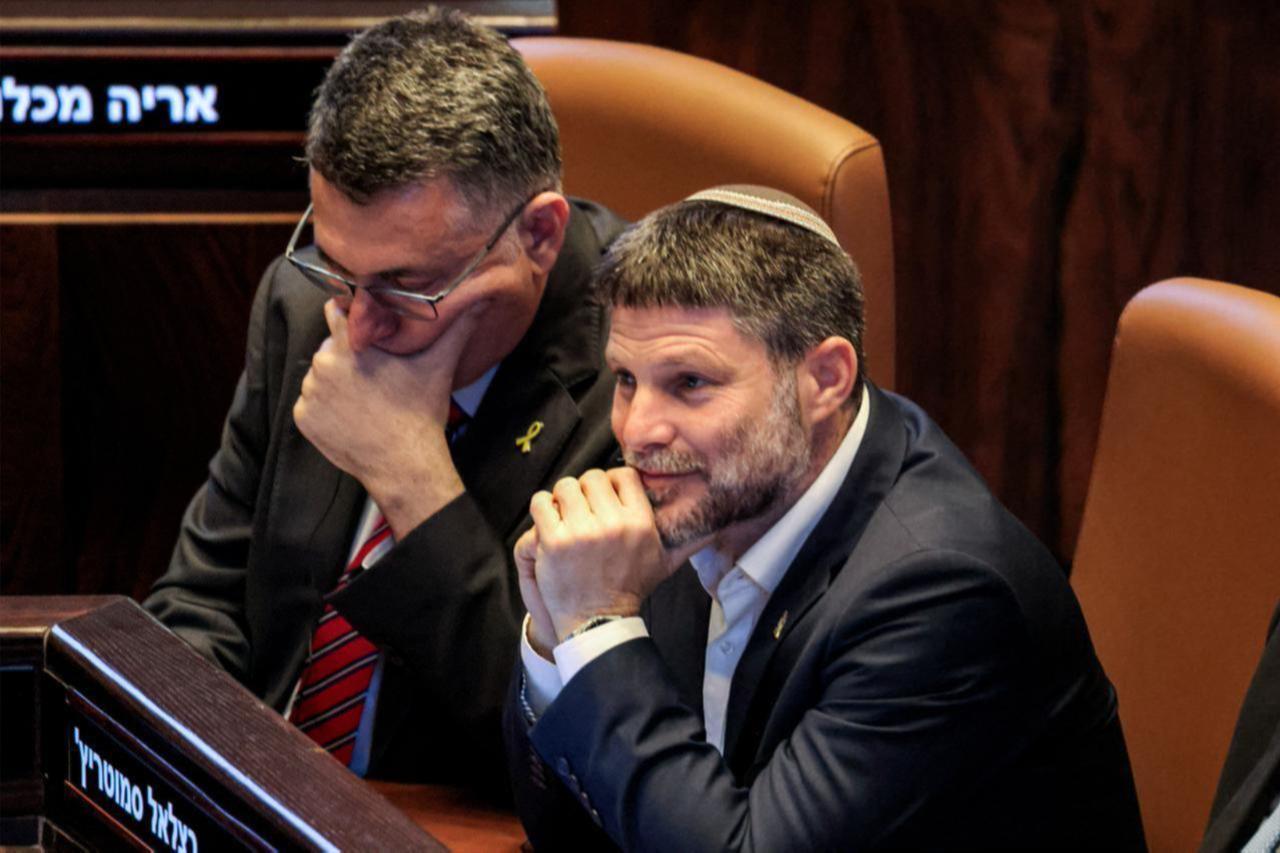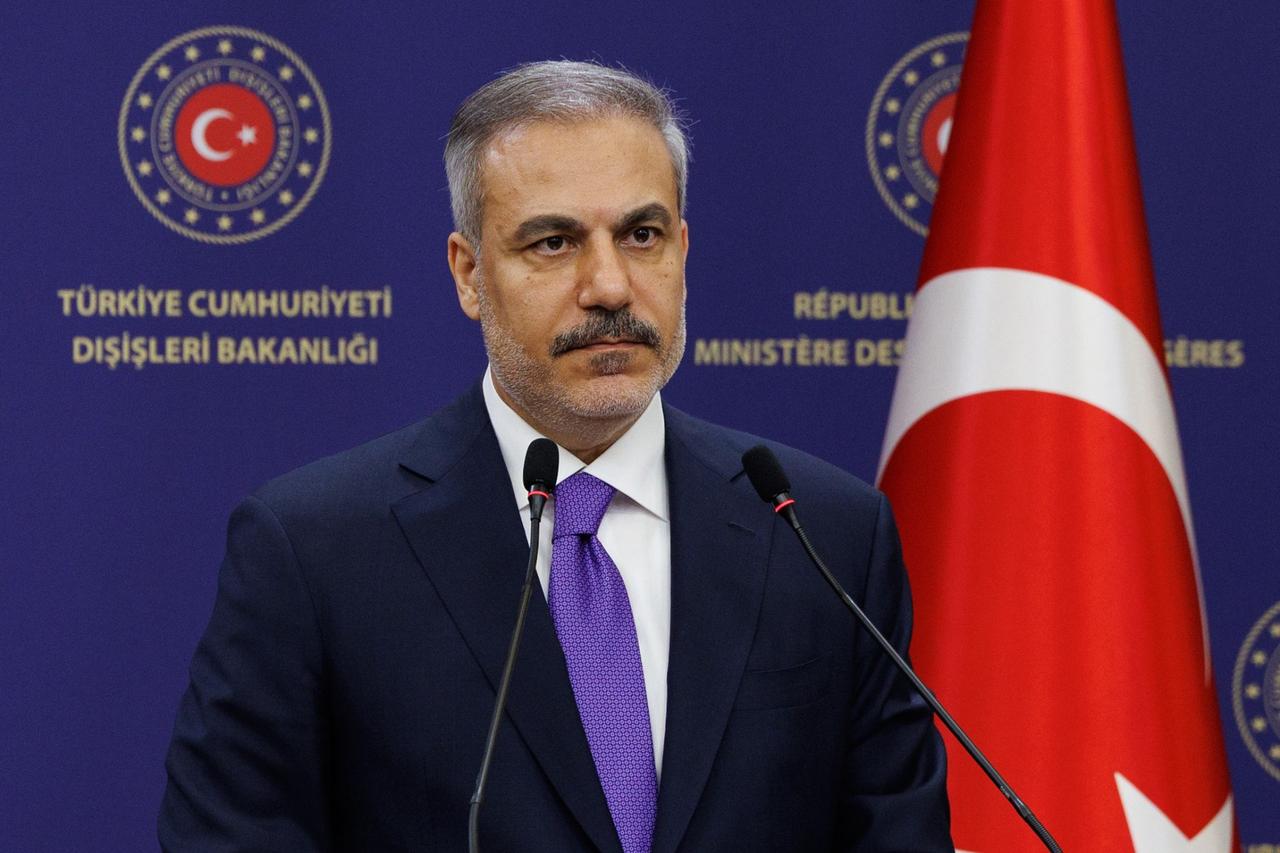
UN Secretary-General Antonio Guterres strongly condemned Israeli plans Thursday to build thousands of new settlement units in a strategic area that would effectively divide the occupied West Bank in half.
The rebuke came after Israeli Finance Minister Bezalel Smotrich approved construction of nearly 7,000 settler units in Ma'ale Adumim, east of Jerusalem, and surrounding areas — a move that would sever the northern and southern West Bank and isolate East Jerusalem.
"Our position is clear – the Israeli settlements in the West Bank, including East Jerusalem, and the regime associated with them have been established and are being maintained in violation of international law," Guterres' spokesperson said in a statement.

The construction would take place in the contentious E1 corridor, an area long viewed by the international community as critical to maintaining the possibility of a contiguous Palestinian state. Development there would create a physical barrier between Palestinian population centers, fundamentally altering the geography of any future peace settlement.
Guterres warned the illegal settlements would "further entrench the occupation, (and) fuel tensions" while "systematically erode the viability of a Palestinian State as part of a two-State solution."
"Construction in the E1 area would sever the northern and southern West Bank, severely undermining the prospects for the realization of a viable, contiguous Palestinian State," the statement said.
The Palestinian Foreign Ministry denounced the approval as part of Israeli Prime Minister Benjamin Netanyahu's vision for a "Greater Israel," warning it would entrench the occupation and eliminate prospects for Palestinian statehood.

The Foreign Ministry of Türkiye have also issued a sharp condemnation of Israel's approval of settlement construction plans in the E1 area, warning the move would effectively separate the West Bank from East Jerusalem.
Foreign Ministry said the settlement plan "disregards international law and United Nations decisions" and "targets the territorial integrity of the Palestinian State, the basis for a two-state solution, and hopes for lasting peace."
The E1 area, located between Jerusalem and the West Bank settlement of Ma'ale Adumim, has long been viewed by international observers as strategically critical. Development in this zone would create a physical barrier between Palestinian communities in the West Bank and East Jerusalem.
Türkiye emphasized that establishing "an independent and sovereign Palestinian State based on 1967 borders, with East Jerusalem as its capital and with geographical integrity" remains "the only way to achieve just and lasting peace in the region."
The Foreign Ministry concluded its statement by reaffirming Türkiye's commitment to the Palestinian cause, saying the country "will continue to support the righteous cause and determined struggle of the Palestinian people."
The settlement expansion comes despite international legal pressure on Israel. In July, the International Court of Justice issued an advisory opinion declaring Israel's occupation of Palestinian territory illegal and calling for evacuation of all West Bank and East Jerusalem settlements.
Guterres called on Israeli authorities to "immediately halt the advancement of this process" and reiterated his demand that Israel "cease all settlement activities, pursuant to its obligations under international law and as reaffirmed by the International Court of Justice in its Advisory Opinion of 19 July 2024."
The international community, including the United Nations, considers all Israeli settlements in occupied Palestinian territory illegal under international law.